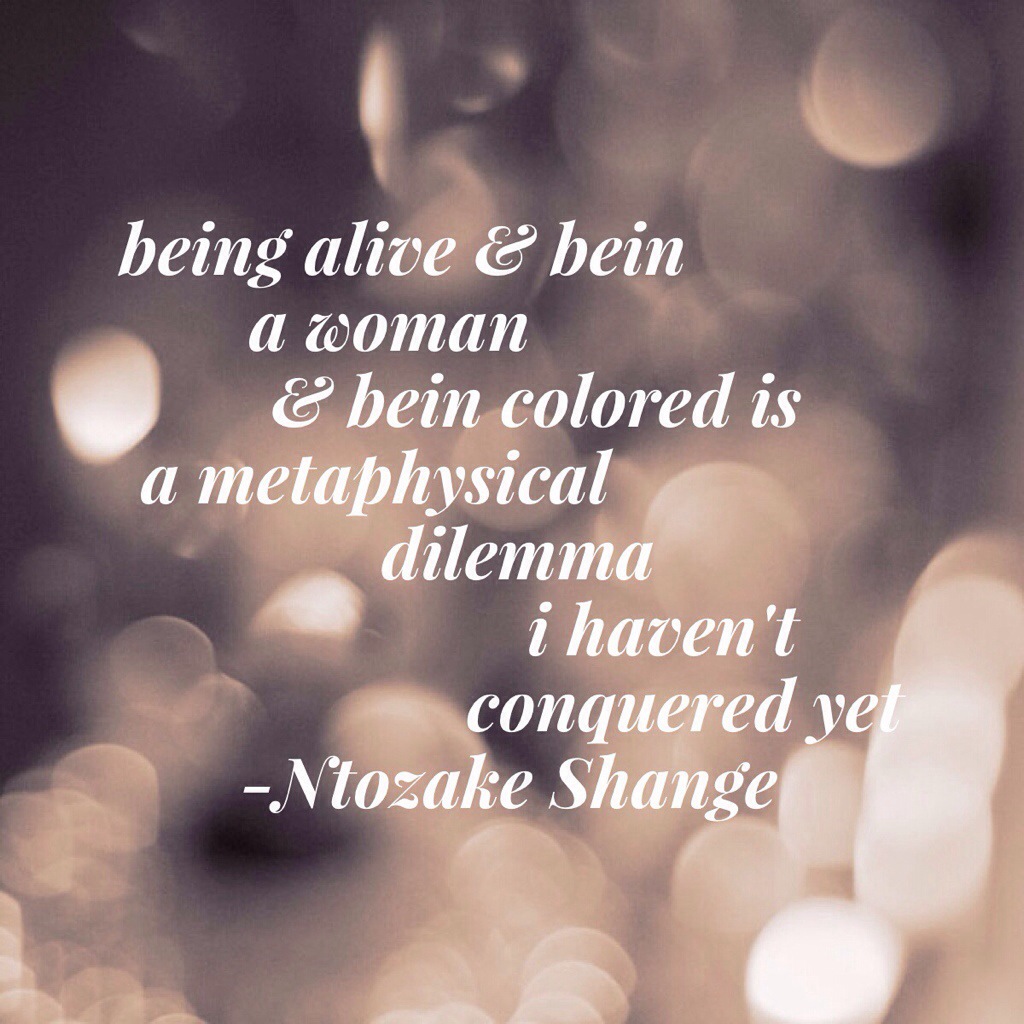Update 08/01/2-014: Victory. Read more here.
Update 07/22/2014: LMHA is reevaluating. See this article in the Courier-Journal: http://www.courier-journal.com/story/news/local/2014/07/21/housing-authority-reviewing-section-experiment/12969879/
Update 07/14/2014: I left the country right after this was published, and wouldn’t you know it, things took off in my absence. Last I checked my office email, I had a message saying Louisville Metro Housing Authority had removed the voite on study participation from the agenda, stating they needed more time to discuss it. Small victory, but hey, I’ll take it.
Note: A shorter version of this post with a Louisville-only scope was published in the Courier-Journal on July 9, 2014.
You are powerless, and we can do whatever we want with you.
The sentence formed in my head on June 26th as I tried to put together some thoughts about what I had just heard at a public hearing about a “rent reform study†for which the housing authorities in Louisville and three other cities have volunteered to participate in. By “volunteered to participate in,†I mean the housing authority’s staff has agreed that its clients, all of whom for this study are Section 8 voucher recipients, will participate, but no one has asked the clients. There is no informed consent form for clients to sign and no way for them to say, “No thanks. I don’t want to be a part of your experiment.†If participation in the experiment turns out to be too much for a “volunteer†client to endure, the client may submit a hardship waiver. Well, that and piles of documentation proving she will be evicted within seven days, or that she’s about to have her utilities shut off.
I use the pronouns “she†and “her†because women are far more likely than men to be enrolled in this experiment. Nationally, female-headed households comprise 83 percent of all households receiving assistance through the U.S. Department of Housing and Urban Development (HUD)’s Section 8 voucher program. Most of these women are mothers, and in my city, most of them are also black. Hence, local housing advocates have called the rent reform study, “an experiment on black women and children.â€
It’s bad enough that the study is based on the false premise that people receiving Section 8 housing vouchers don’t work (presumably out of laziness). The study forces Section 8 voucher holders to suddenly start paying a minimum rent of $75, and it recalculates their utilities assistance by redetermining their annual gross income using a method that eliminates deductions for childcare. As many housing advocates pointed out at the hearing or in print, it’s like HUD is thinking that increased misery is the best way to motivate people who aren’t working to work.
Though I’m not a mother and I’m not in any public housing programs, I have grown tired of black women’s demonization. As a researcher and as a black woman, I find the use of stereotypes to drive research insulting, but the absence of consent is chilling. People who are already marginalized will be randomly assigned either to the group whose life will get substantially more difficult or the control group, whose rent and gross income won’t change. A woman will receive no benefit for participating, but she can’t say, “No.â€
That sends a message to black women (and children): You are powerless, and we can do whatever we want with you.
Since June 26th, I’ve seen the refrain reflected in the actions of the police officer who slammed Arizona State University professor Erusala Ore to the ground, and I’ve heard it sung to all women in the form of the U.S. Supreme Court’s Hobby Lobby decision. In her place of employment and in a hierarchical setting where she, as an academic, traditionally would have more respect and authority than the police, Ore was “accosted†and eventually wrestled to the ground because she quetioned an authority figure. A few days later, men on the nation’s highest court said a business enterprise—a nonhuman thing that has no chance at an afterlife because it has no soul—has more right to religious freedom than the women who work for it.
This is the point where I want to say, “Forget it. I’m turning in my Black Card, and my Woman Card, because being a woman and being Black in this country is just too hard.†I have no plans to become an ex-pat or undergo gender reassignment surgery, but there’s no hopeful conclusion to this post today, either. As “Christian†companies win hypocritical battles that shape the lives of millions of people, I’m at a loss for next steps. I still have the power to write and speak my displeasure with the state of things. I’m still signing petitions, giving a few dollars to various organizations trying to fight for the same things I do and hoping for a radical change in mindset in this country. But lately the refrain is on repeat.

